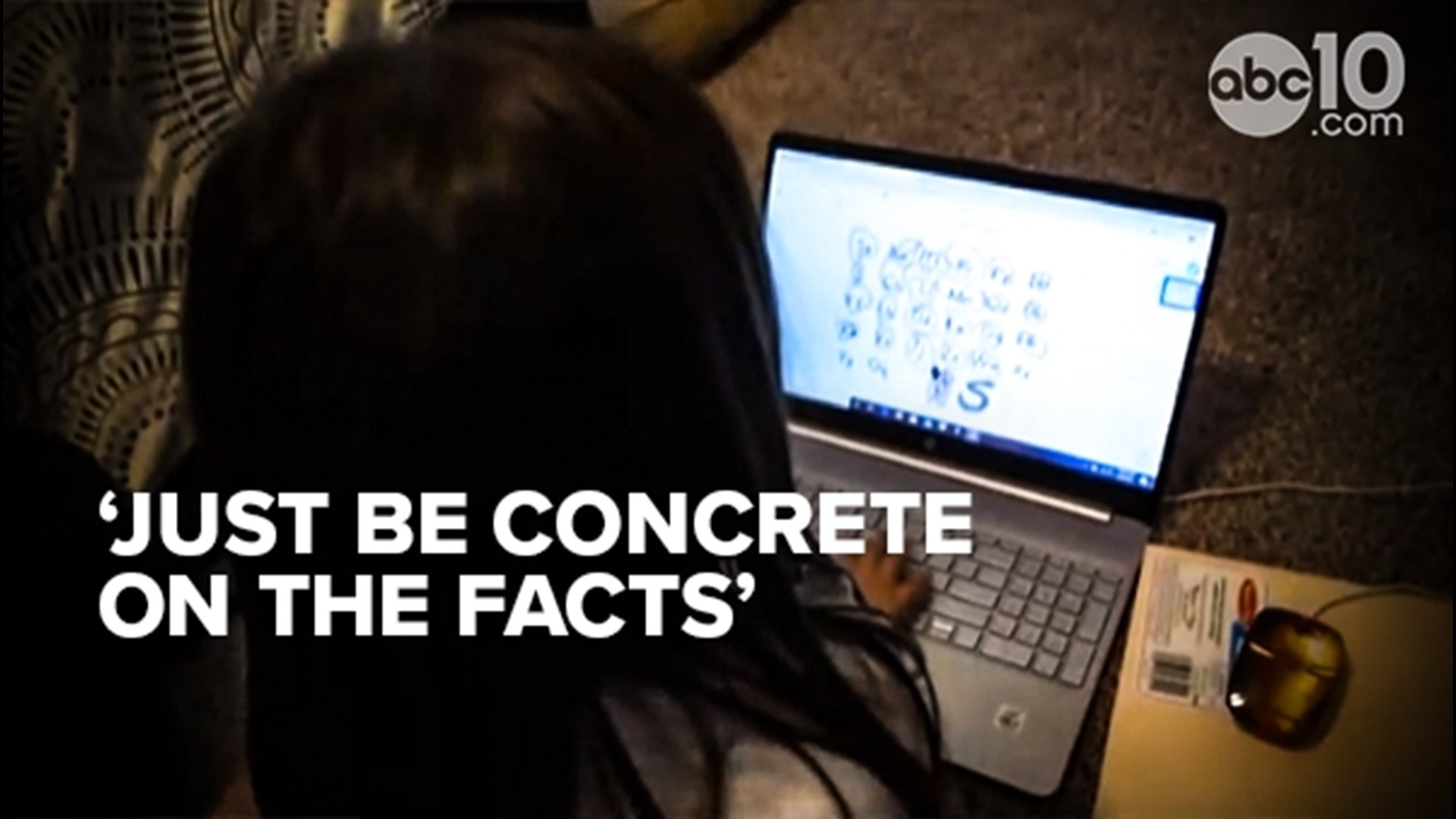SACRAMENTO, Calif. — A senseless act of violence at Robb Elementary School in Uvalde, Texas has sent shockwaves across the country — leaving many students frozen with fear and wondering if they're safe in their own classrooms.
"The more that you submerse in this, the more trauma is amplified. It happened in a distant state, it happened to people that we don't know, but because of the visual and just the discussions about it that we're constantly bombarded by, it really affects us in a profound way," said Dr. Angela Drake, a clinical psychologist and faculty member at UC Davis.
Drake says traumatic incidents are more difficult for adolescents to process and add to the stress of the COVID-19 pandemic and social media.
Data from the CDC shows pediatric visits to the emergency room for mental health-related reasons has skyrocketed since the pandemic began.
Leyza Weglarz is the vice chair of the California Association of School Counselors and sees the effects first-hand every day.
"Sadly, we were already dealing with an increase in mental health needs this academic year, so an increase in suicide ideation, increase in anxiety and depression among students of all ages," Weglarz said. "The anxiety that some students are gonna have in terms of that fear of going to school is definitely gonna be there, but as parents, as educators, we have an opportunity to reiterate how we're working together to keep them safe."
Weglarz emphasized the importance of parents having open discussions with their children about the shooting and listening to their concerns to help process emotions. He said this includes being concrete in the facts we can speak to and letting them guide the conversations.
Drake says parents should limit kids' screen time and constantly be on the lookout for warning signs that show a decline in their child's mental health — getting them professional help if needed.
"Pay attention to changes in behavior, changes in mood, changes in appetite, sleep," Drake said. "We have so much reaction to things in our society, and what we want to do with kids is identify it early by increasing awareness to parents and really work on getting them to understand what to do, who to call and how to intervene if they notice a problem with one of their children or teens."
WATCH ALSO:



















